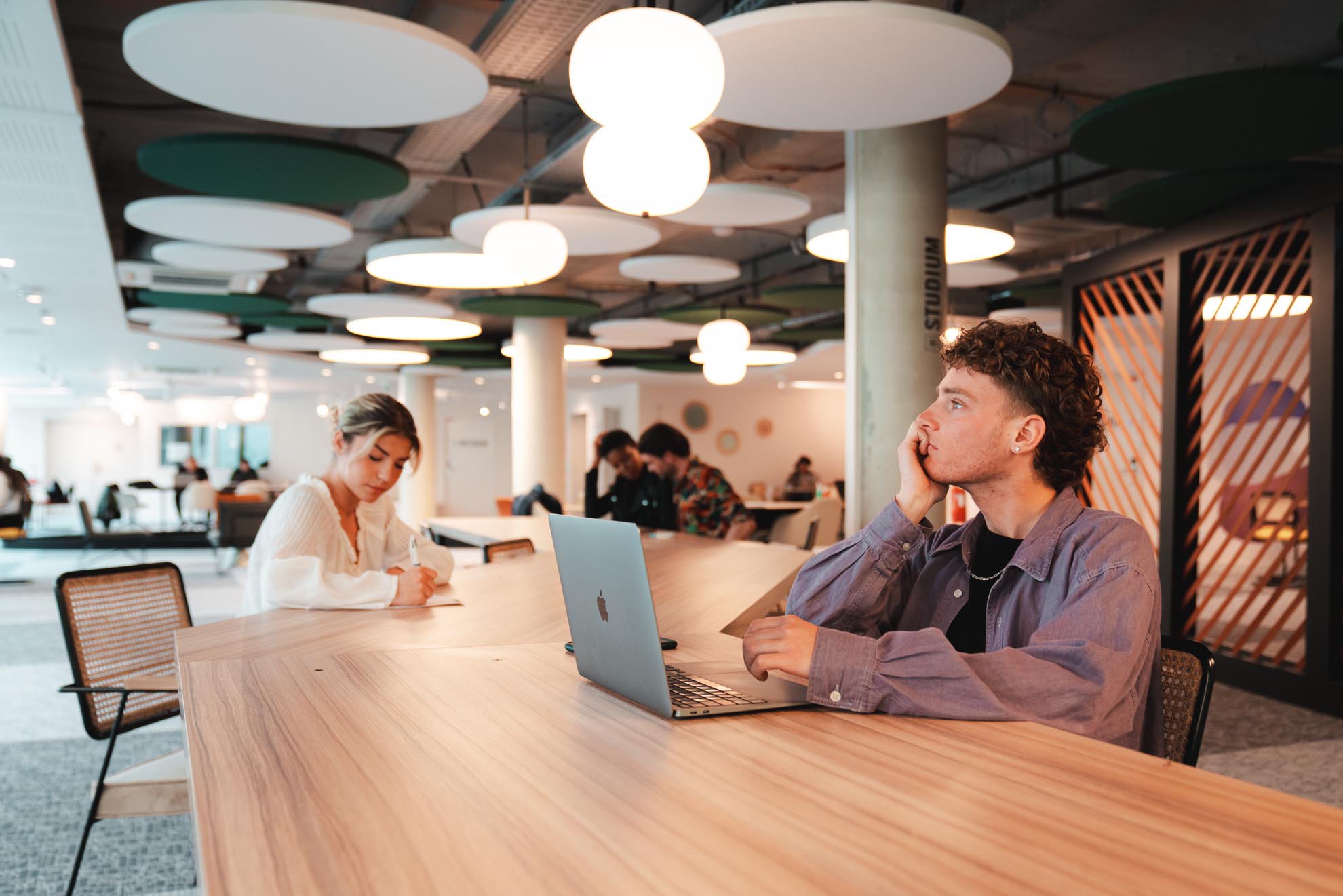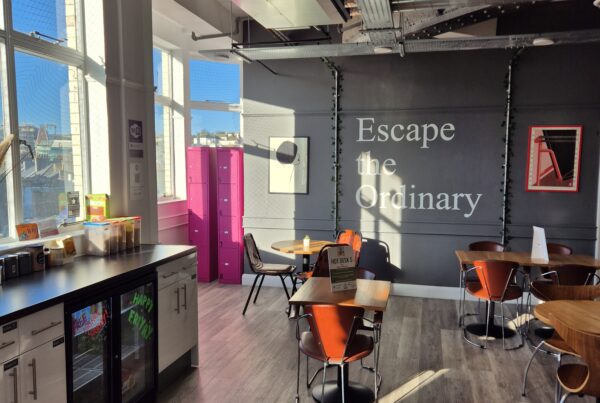Beginners guide to understanding Co-Working
Co-working spaces are changing the way we work, offering flexibility, community, and resources tailored to diverse needs. Whether you’re a freelancer, entrepreneur, or part of a remote team, co-working could be the ideal solution. Here’s a beginner’s guide to help you understand co-working and decide if it’s right for you.
What Is a Co-Working Space?
A co-working space is a shared office environment where individuals and teams work independently but under the same roof. These spaces often include amenities like desks, meeting rooms, Wi-Fi, and communal areas, creating a professional yet collaborative atmosphere.
Why Choose Co-Working?
- Flexibility:
- No long-term leases; choose hourly, daily, or monthly plans.
- Options range from hot desking (shared spaces) to dedicated desks or private offices.
- Affordability:
- Share resources like printers, utilities, and coffee, reducing costs compared to maintaining a private office.
- Networking Opportunities:
- Work alongside professionals from various industries.
- Many spaces host events, workshops, and networking meetups.
- Increased Productivity:
- A professional setting helps you focus.
- Access to meeting rooms and quiet areas for focused work.
- Work-Life Balance:
- Separate home and work life, especially for remote workers.
Who Can Benefit from Co-Working?
- Freelancers: Affordable and professional space to work.
- Startups: Access to resources and networking to grow your business.
- Remote Workers: A structured environment away from home distractions.
- Small Teams: Cost-effective alternatives to renting traditional office space.
What to Expect in a Co-Working Space
- Amenities:
- High-speed internet, printing, and office supplies.
- Free coffee, tea, and often communal snacks.
- Meeting rooms, private phone booths, and breakout areas.
- Community Perks:
- Social events like workshops, happy hours, or networking nights.
- Access to mentorship programs or industry-specific resources.
- Customisation Options:
- Hot desking: Sit wherever you like in shared spaces.
- Dedicated desks: A personal workstation.
- Private offices: Enclosed spaces for teams or individuals.
- Different Vibes:
- Some spaces prioritise quiet and focus, while others encourage collaboration and creativity.
How to Choose the Right Co-Working Space
- Location: Proximity to home, clients, or transport hubs.
- Budget: Match pricing plans to your needs (e.g., hourly vs. monthly).
- Culture: Visit the space to see if it fits your working style.
- Amenities: Ensure they align with your work requirements, such as meeting rooms or event spaces.
Tips for Getting Started
- Visit Before Committing: Tour the space or try a day pass.
- Engage with the Community: Attend events and introduce yourself to fellow members.
- Set Boundaries: Balance networking with focused work time.
- Utilise the Resources: Take advantage of the amenities and services included in your plan.
Co-working spaces are more than just offices—they’re dynamic communities designed to support diverse working styles and foster growth. Whether you need a quiet spot to focus or a vibrant hub for collaboration, co-working offers the flexibility and resources to thrive.
Explore Your Options: Ready to dive into co-working? Start by exploring our spaces near you and experience the benefits of this innovative way of working!
Have you found this guide helpful and want to know more, please email: [email protected]





